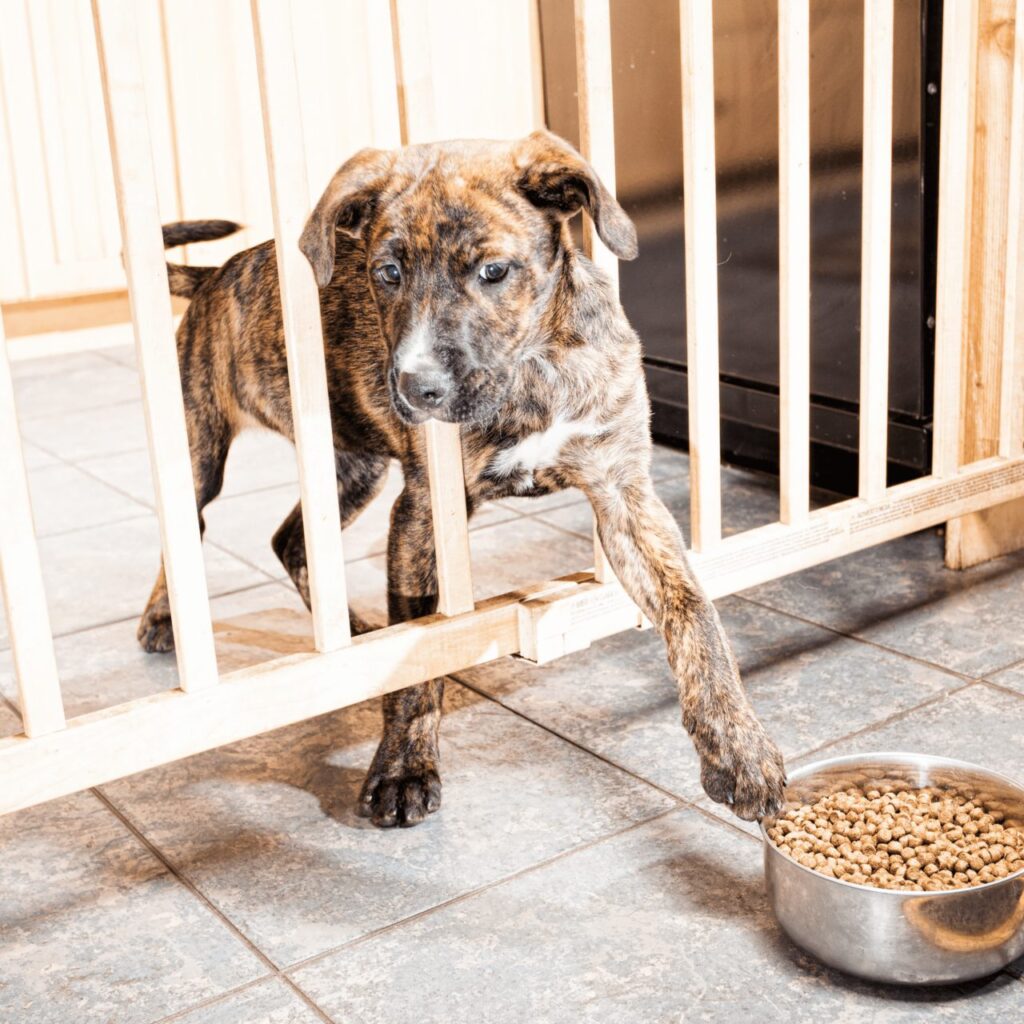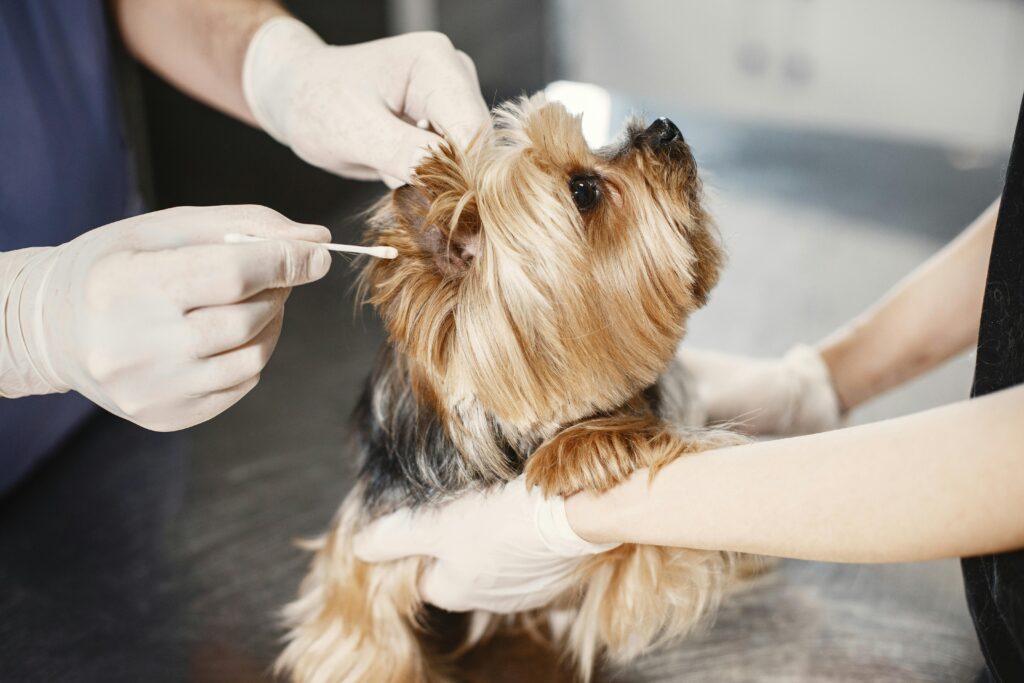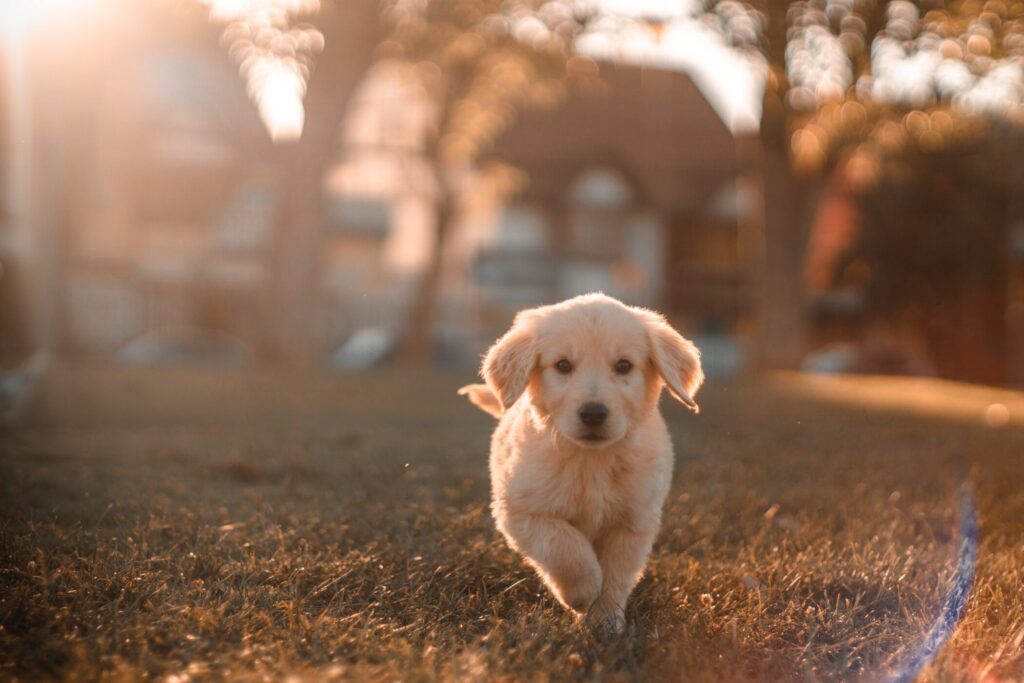
FREE Help I've Got A New Puppy Survival Guide
Sign up to our mailing list and we will give you all you need to know on making your first 7 days count. Includes sleep, feeding, toilet training, chewing and much more!
Recent posts
Blog categories
Search the blog
The Importance of Sleep in Managing Guarding and Aggressive Behaviours
Posted on 8th August 2024

Resource guarding and aggression is a significant concern for many of you. It can manifest in various forms, from growling and snapping to biting and attacking.
While numerous factors contribute to aggressive behaviour in dogs, one often overlooked aspect is the role of sleep.
Just like humans, dogs require adequate rest to maintain optimal physical and mental health. Understanding the connection between sleep and aggression will help you better manage and potentially reduce aggressive behaviours in your dogs.
The Connection Between Sleep and Behaviour
Just like us, sleep is crucial for the overall well-being of dogs. I love sleep and feel I could actually win an Olympic gold medal in it, if it were a sport. I can drop off easily and always sleep well. I understand the importance of sleep for me in maintaining my routines and in setting myself up to succeed the next day.
During sleep, dogs undergo important restorative processes that help maintain their health and emotional stability. Lack of adequate sleep can lead to various health issues, including an increase in stress levels, which can exacerbate aggressive tendencies. When dogs are well-rested, they are generally more relaxed, better able to cope with stress, and less likely to exhibit aggressive behaviours.
How Lack of Sleep Affects Dogs:
- Increased Irritability: Just like us humans, dogs can become irritable when they don't get enough sleep. This irritability can lower their threshold for aggression, making them more likely to snap or growl at minor provocations. I am quite snappy even with one night of disturbed sleep, heaven help me if it’s more than that!
- Reduced Impulse Control: Sleep deprivation can impair a dog's impulse control, making it harder for them to resist aggressive impulses. This can result in more frequent and severe aggressive outbursts.
- Heightened Stress Levels: Chronic lack of sleep increases cortisol levels, the stress hormone, in dogs. Elevated cortisol levels are associated with increased anxiety and stress, which can lead to aggressive behaviour as a coping mechanism.
- Compromised Brain or Cognitive Function: Adequate sleep is essential for cognitive functions such as learning and memory. When a dog doesn't get enough rest, its ability to process information and make sound judgments is compromised, potentially leading to inappropriate aggressive responses.
Signs Your Dog May Not Be Getting Enough Sleep
Recognising the signs of sleep deprivation in your dog can help address the issue before it leads to aggression. Some common signs include:
- Excessive yawning and droopy eyelids
- Reluctance to wake up in the morning
- Increased sensitivity to noise and stimuli
- Hyperactivity followed by sudden fatigue
- Unusual clinginess or separation anxiety
If any of you have brought up children, you will recognise these, I’m sure.
Ensuring Your Dog Gets Quality Sleep
To promote better sleep for your dog, consider the following tips:
- Create a Comfortable Sleeping Environment: Ensure your dog's sleeping area is quiet, comfortable, and free from disturbances. A cozy bed in a designated quiet space can help your dog relax and sleep better. Avoid areas where there is a lot of foot-fall such as a corridor or doorway. Some dogs need a choice of places and surfaces to sleep on and will move around at times to maintain comfort especially with weather changes.
- Maintain a Consistent Routine: Dogs thrive on routine. Establish a regular schedule for feeding, exercise, and bedtime to help your dog understand when it's time to sleep.
- Adequate Exercise: Ensure your dog gets enough physical and mental exercise during the day. Tired dogs tend to sleep better and are less likely to exhibit pent-up energy through aggression. Exercise is about mental work as well as physical.
- Reduce Stress and Anxiety: Identify and minimise potential stressors in your dog's environment. Providing a safe and secure space can help reduce anxiety and promote better sleep.
Conclusion
Understanding the importance of sleep in managing dog aggression is vital for any pet owner. By ensuring your dog gets sufficient rest, you can help reduce irritability, improve impulse control, and lower stress levels, all of which contribute to a more balanced and less aggressive pet.
Prioritising your dog's sleep is not just about preventing aggression; it's about fostering overall health and well-being, leading to a happier, healthier, and more harmonious life together.
Are you struggling to get your dog to rest and seeing an increase in resource guarding or aggressive behaviours?
Drop me a message at clair@talktothepaw.io
Is your dog a sleep expert? Pop me a sleepy dog picture in the comments, I’d love to see them.
Email: clair@talktothepaw.io | Mobile: 07969 036789 | Privacy Policy




